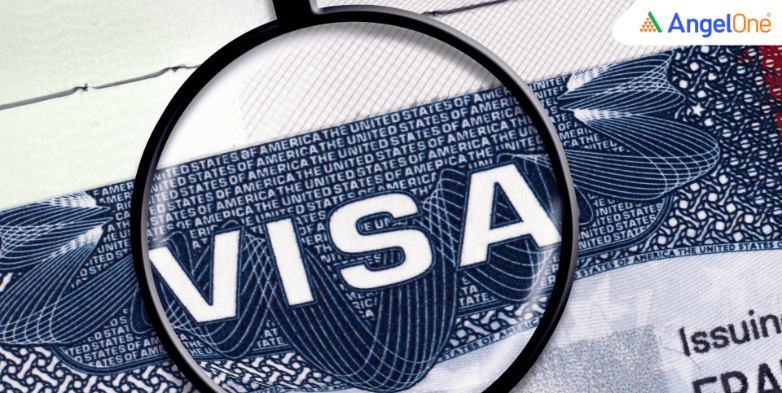
The US Citizenship and Immigration Services (USCIS) has issued new guidance explaining when employers must pay the US$100,000 petition fee for H-1B visa applications and how they can apply for an exemption. This clarification follows a White House order issued on September 19, 2025, introducing the one-time supplemental fee for new H-1B petitions filed for workers outside the United States.
The new rule applies to new H-1B petitions filed on or after September 21, 2025, for workers located outside the United States. The US$100,000 fee is a one-time charge, separate from the usual H-1B filing and processing fees.
It is meant to prevent misuse of the H-1B program, which allows American employers to hire skilled foreign professionals in fields such as technology, research, and healthcare.
Foreign workers who are already inside the US under a valid non-immigrant visa category are not required to pay the US$100,000 charge.
This includes:
In short, the fee applies only to new petitions for workers outside the US.
Employers can request a waiver of the US$100,000 fee if they can prove two key conditions:
To apply, employers must submit the waiver request along with the H-1B petition through the USCIS online portal. They must also attach:
Each waiver request will be reviewed case by case. USCIS will evaluate whether the job aligns with national interests and if hiring a foreign worker is essential. No blanket industry or occupation exemptions have been announced yet.
The rule takes effect from 12:01 a.m. ET, September 21, 2025. It applies only to new petitions filed after that date for workers outside the US. Petitions filed or approved before the deadline are not affected. The US$100,000 payment is non-refundable, even if the petition is later denied.
Read More: Fact Check: Can You Really Earn ₹14,000 Through Inter-State Silver Arbitrage?
The new US$100,000 H-1B fee is a major policy change that affects employers hiring foreign workers from outside the US. While exemptions exist for workers already in the country, employers seeking waivers must provide detailed documentation. The rule underscores the US government’s focus on protecting domestic jobs while maintaining flexibility for cases that truly serve the national interest.
Disclaimer: This blog has been written exclusively for educational purposes. The securities mentioned are only examples and not recommendations. This does not constitute a personal recommendation/investment advice. It does not aim to influence any individual or entity to make investment decisions. Recipients should conduct their own research and assessments to form an independent opinion about investment decisions.
Published on: Oct 23, 2025, 10:45 AM IST

We're Live on WhatsApp! Join our channel for market insights & updates